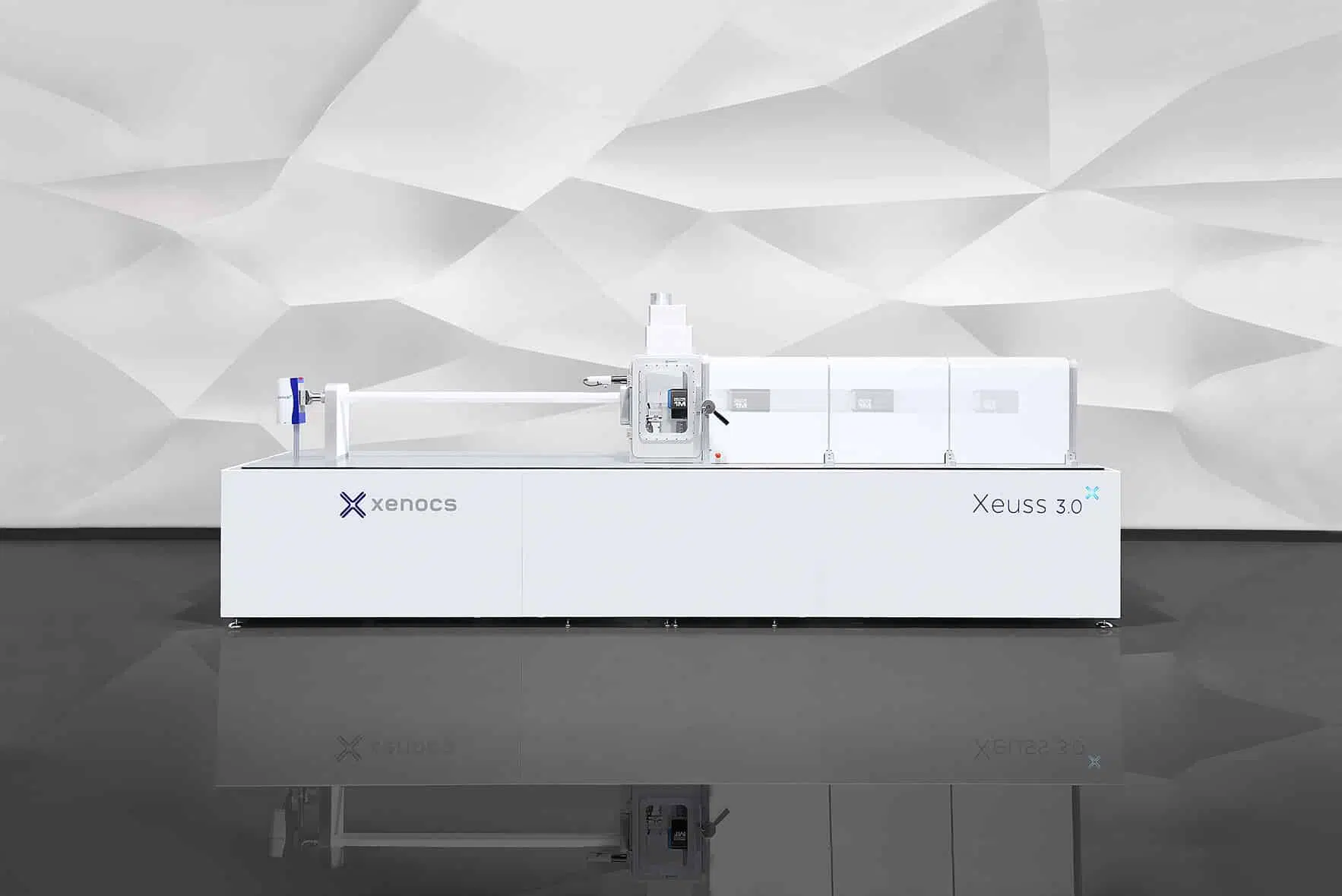Journal of Non-Crystalline Solids, 2017, vol 462pp. 72-77
DOI:10.1016/j.jnoncrysol.2017.02.009
Abstract
Optically transparent, thermally insulating monolithic silica aerogel, with its high solar transmittance and low thermal conductivity, is well-suited for solar thermal applications, particularly concentrated solar power systems. The properties of silica aerogel are directly determined by the structure of the highly porous, interconnected silica network. By using high temperature annealing to control this structure post-synthesis, we were able to optimize the material to increase solar transmittance with minimal effect on the effective thermal conductivity using an easy and scalable method. Samples made from two silica aerogel chemistries and two annealing temperatures (400 °C and 600 °C) were investigated as a function of annealing time. The annealed samples showed a maximum increase in solar spectral transmittance of over 3% while the effective thermal conductivity (including radiative and conductive contributions) was shown to increase by as much as 40%, indicating a need to optimize the annealing time for maximum performance. The properties of the characterized aerogels were used to demonstrate aerogel annealing optimization using a concentrated solar power receiver model operating at 400 °C. The model predicted a maximum receiver efficiency gain of 1% by annealing for 24 h at 400 °C, representing a significant gain in overall system efficiency.


































